- Care solutions
- Home Care
- Residential Care
- Retirement Villages
- Dementia Care
- Disability Services – NDIS
- Respite Care
- What is Aged Care?
- Health & Wellbeing
- Our Locations
- Careers
- About Whiddon
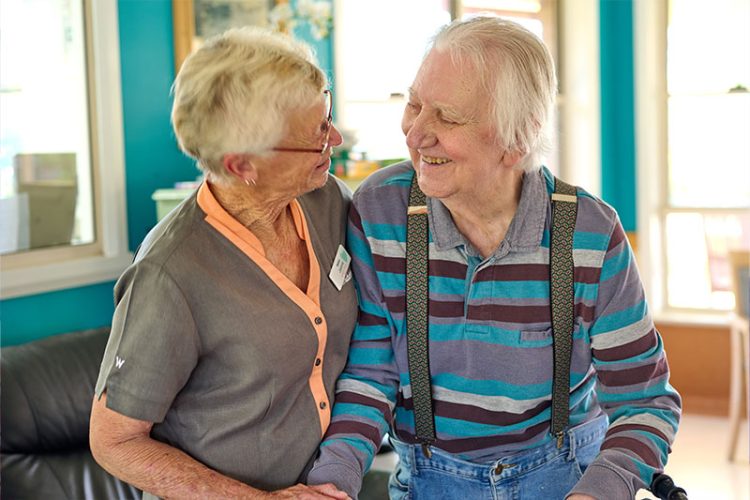
From 1 November 2025, the new Aged Care Act will introduce a Statement of Rights for all older Australians receiving aged care.
At Whiddon, we believe that aged care should be built around you, your choices, your dignity, and your voice. That’s why we’re proud to introduce the new Statement of Rights, part of the Australian Government’s upcoming Aged Care Act.
The Statement of Rights outlines what you can expect from your aged care experience, whether you are a resident in one of our homes or receiving care and support at home. It’s about ensuring you feel respected, safe, heard, connected and in control of your care.
At Whiddon, we’re focusing on five key topics that bring these rights to life. Together, these themes ensure that every person receiving care feels valued, safe, and connected. The five key topics are:
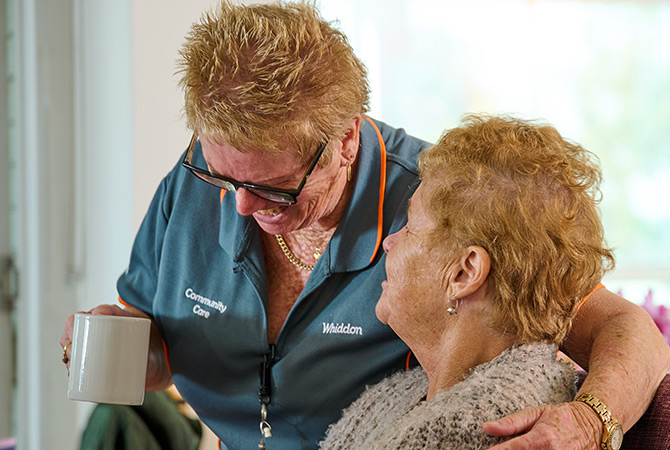
At Whiddon, we believe your life should always feel like it’s yours to live. That means having the freedom to make decisions about your care, lifestyle, and everyday routines.
The new Statement of Rights makes it clear that you have the right to independence, choice, and control. Whether it’s deciding what meals you enjoy, how you spend your day, or even making bigger decisions about your care, your voice matters most.
Sometimes, living fully means taking personal risks – and that’s okay. With the right support, you can pursue the activities, hobbies, and routines that bring you joy and meaning. These are your decisions to make, and we’re here to respect and support them.
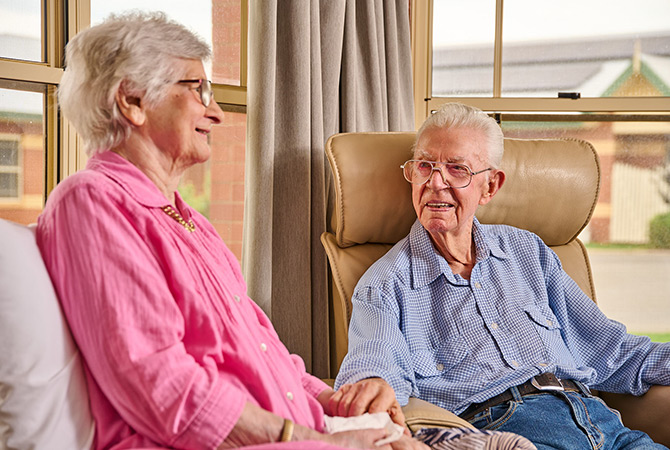
Everyone’s story is unique. Your culture, history, and experiences shape who you are, and your care should reflect that.
The Statement of Rights protects your right to fair access. This means you are entitled to care that is inclusive, culturally safe, and trauma-informed. It’s about recognising your individuality and ensuring your care honours the journey you’ve taken.
Fair access also means you have the right to palliative and end-of-life care when you need it, and that it is delivered in a way that respects your values, traditions, and choices.
No matter who you are, where you come from, or what you believe, your care should always feel like it belongs to you.
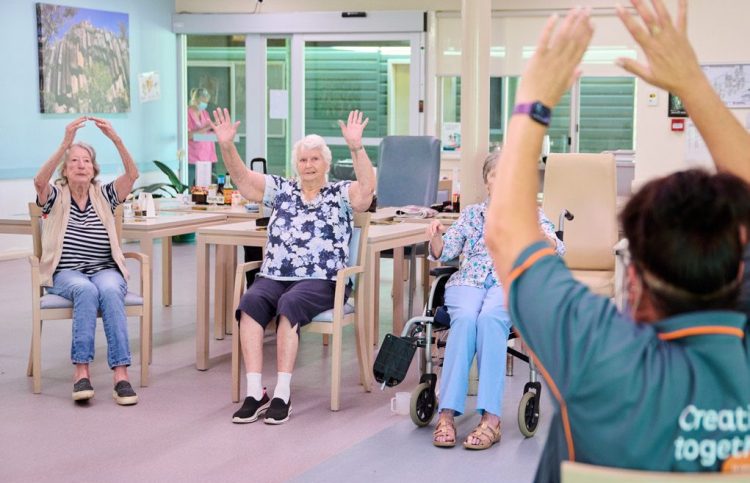
Your safety and wellbeing come first and foremost. That’s why the Statement of Rights makes your right to safe, respectful, and high-quality care crystal clear.
This means you are protected from abuse, neglect, and discrimination. It also means that every interaction you have with Whiddon, whether it’s with a carer, a nurse, or any member of our team, should leave you feeling respected, valued, and secure.
Quality care is more than just meeting needs and national standards. It’s about providing services of the highest quality, while also treating you with kindness, empathy, and dignity.
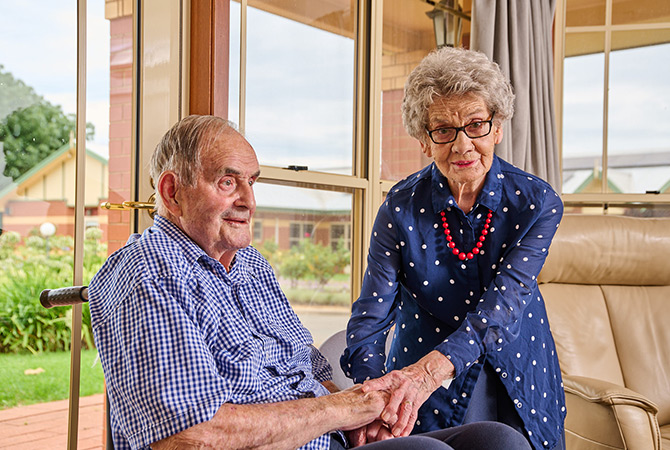
The Statement of Rights guarantees your right to privacy and information. This means you get to decide who can access your personal details and how they are used.
You can also see your records, understand the costs of your care, and ask for updates whenever you need them. No surprises and no hidden details. Just clear, transparent information that puts you in control.
Your privacy is a reflection of respect. At Whiddon, respecting you means protecting your information with care.
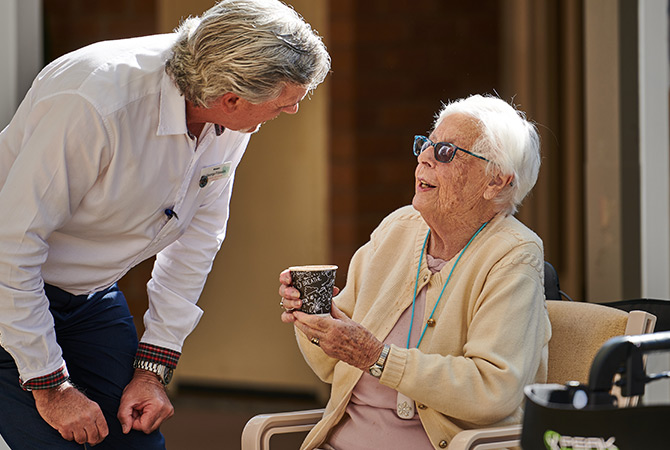
Your life is filled with people, traditions, and connections that make you who you are. The Statement of Rights ensures you can carry these with you wherever you receive care.
You have the right to stay connected to your loved ones, your community, and the activities that give you a sense of belonging. Whether that’s attending cultural events, celebrating traditions, or simply enjoying regular visits and calls with family, your connections matter.
Your identity, culture, spirituality, language, and values will always be respected and supported. Because care isn’t just about health and safety. It’s also about making sure you can continue to live as yourself, surrounded by the people and traditions that give your life meaning.
The new Statement of Rights is part of the Aged Care Act, effective from the 1st of November 2025.
Yes, these rights apply to all older Australians receiving aged care services, whether in residential care or through home care.
Our Whiddon team is receiving training and resources to support you in understanding and exercising your rights. Posters, newsletters, and conversations with team members will help bring these rights to life in everyday care.
Yes. You can download the full-length description of the Statement of Rights as presented in the Bill here (PDF).
Speak directly with your Care Team or Home Care Coordinator.
Get in touch with us here